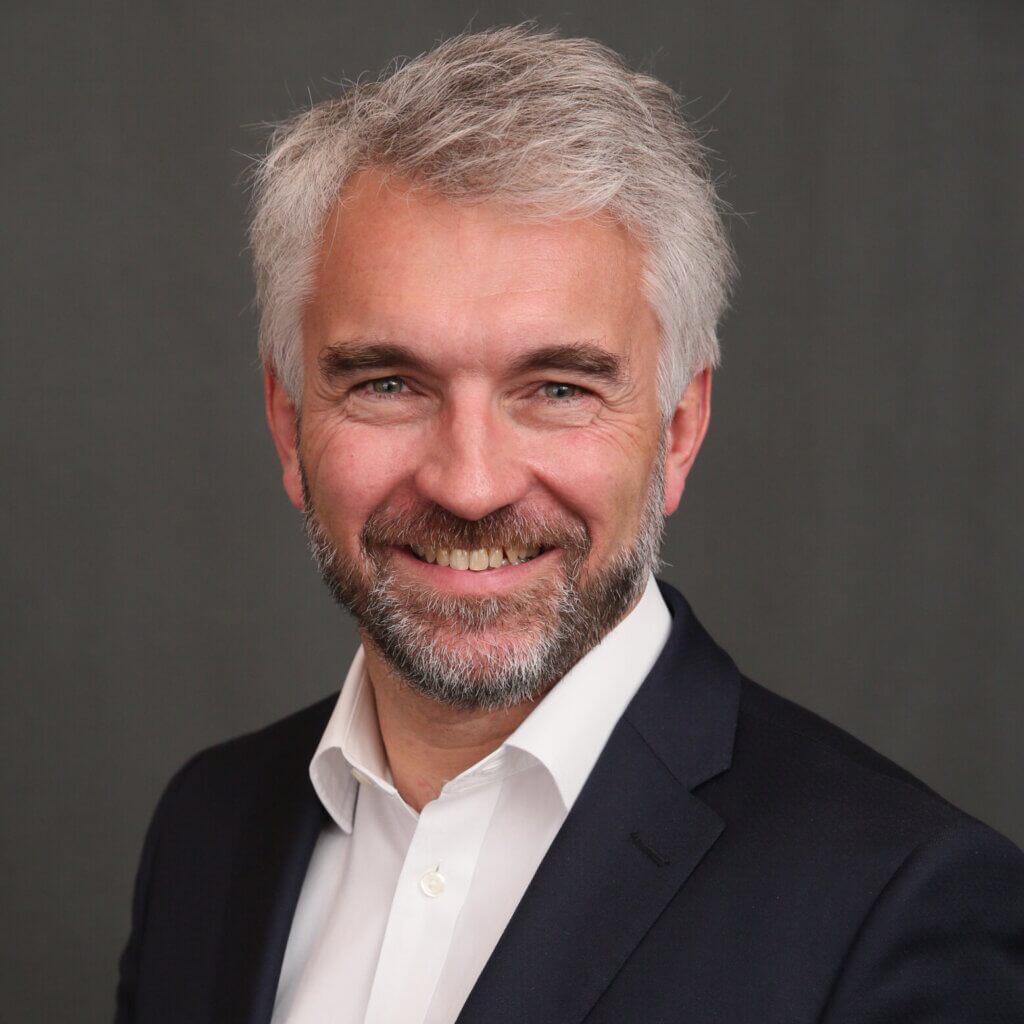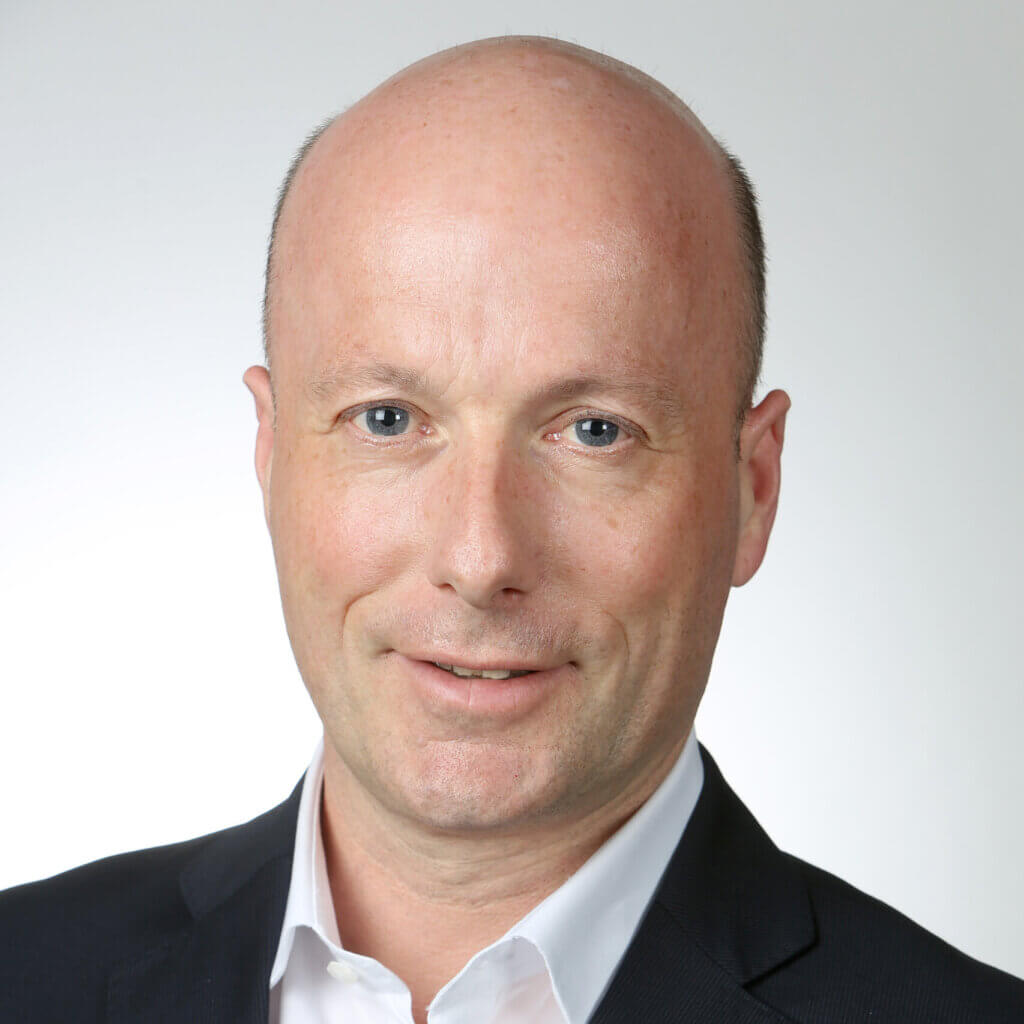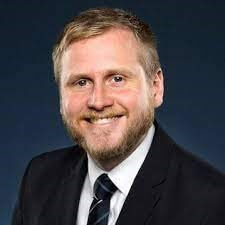
News
Returns from SuperReturn: fund domicile decisions, regulatory uncertainty, and the driving hand of technology
The dust has settled on SuperReturn, the conference at which the world’s leading asset managers, investors and fund administrators gather annually to opine on the state of the industry. Now back from both hosting and attending panel sessions and giving keynote speeches in Amsterdam, Alter Domus leading lights Bruno Bagnouls, Patrick McCullagh and Tim Trott outlined some of the key themes and discussion points from the event in an Alter Domus roundtable interview.

Bruno Bagnouls: Gentlemen, that was an intense three days of debate and discussion at SuperReturn and alternative markets seem set for an interesting ride in 2024. Tim, let’s start with you. Here at Alter Domus it’s vital that, as a leading fund administrator, we keep a watchful eye on what’s happening on the regulatory front. You attended one of the lead sessions on this topic – what were your big takeaways?
Tim Trott: Well, we live in a time of constantly shifting sands on the regulatory front, and there were several issues that are generating some market apprehension and uncertainty. Firstly, Article 8 of the Sustainable Finance Regulation Disclosure mandate. Now, Article 8 refers to funds promoting environmental and social objectives which take more into account than just sustainability risks as required by Article 6. However, part of the issue is that Article 8 funds don’t have ESG objectives or core objectives. And there is market concern that this lack of backbone to the regulation and with SFDR could lead to what’s referred to as greenwashing on top of generating extra costs for that fund.
Secondly, on the challenging acronyms front, the incoming Alternative Investment Fund Managers Directive 2 was discussed as you’d expect. Otherwise known as AIFMD II, it was highlighted how AIFMD II’s control of cross-border marketing for funds is squeezing mid-market managers out of Europe, disincentivizing new players and, at the very least, increasing the administrative burden for market participants.
Bruno: Broadly speaking, Tim, ESG considerations do look set to become an ever more intrinsic part of raising, investing, and administering capital as time moves on. Moving on, Patrick, we listened in to the rather lively panel session on choosing a home to domicile your fund – what were the main insights?
Patrick McCullagh: This is, quite understandably, always a hot-button topic in the industry, Bruno. To stretch the metaphor, whether your fund is a bungalow or a palace, where you lay the foundations can make a huge difference. Key points to note were that from a jurisdictional perspective, Luxembourg remains an incredibly attractive EU option, not only for tax reasons, but because it has the largest cross-border funds distribution. It does also seem that Brexit has been somewhat of a boon for Lux, with more fund business migrating there. On the downside, issues were raised around appropriate infrastructure investment regarding banks and law firms, with Guernsey being flagged as comparatively better equipped in this area. Elsewhere in Europe, Switzerland was highlighted as a challenging place to domicile.
Beyond the EU, we have all of course been following the fall-out from the ‘black-listing’ of the Caymans, and how this has also pushed some US players towards Lux. That said, the panel outlined that for most, the risks associated with the Caymans are acceptable. Investors are still comfortable with the familiar and see the black-listing as likely to be short-term. There are also a lot of investment strategies that involve certain risk thresholds in industry or jurisdictions, especially emerging markets where other well documented risks make it almost irrelevant.
Bruno: And of course, many of these issues highlight just why it’s important to have fund administrators that have both local and cross jurisdictional expertise. Sticking with funds, Tim, day two of SuperReturn kicked off a look at fundraising trends. What was the general sentiment?
Tim: There are some clear challenges in this area, Bruno. While Covid was obviously terrible for the planet at large, fundraising was generally easier in that period. In this current period, fundraising is taking a lot longer, partly I’m sure because of the ongoing uncertainty that high interest rates and inflation caused. However, funds are both getting bigger generally with fewer smaller players entering the market. No matter their complexity, investors certainly aren’t being turned away at the door as that need for capital is swelling.
Patrick: Just to add to more weight to Tim’s point there, I attended a session on the evolving role of CFOs and it was acknowledged that fundraising would continue to be trickier for the foreseeable future.
Tim: Industry data and insights company Preqin also hosted an outlook session on alternative markets and they forecast growth to slow globally in terms of assets under management, as well as highlighting an apparent disconnect between fund targets and actual funds. It’ll be interesting to see what happens when shifts start occurring at the macro-economic level.
Shifting from fundraising to existing funds, one other point that jumped out at me at the CFO session was the comment that the implementation of IT and digitalization in general being much harder for larger or more vintage funds.
Bruno: Tim, that’s a nice segue into the fact that Patrick hosted a ‘Let’s talk tech’ panel at the event. Investment in and use of technology seems to be in everyone’s minds and plans right now.
Patrick: 100% right, Bruno. I’d say that we really are now at the beginning of what we at Alter Domus would call the third generation of fund operations, with technology coming to fore. Automation, AI and machine learning are certainly going to have a somewhat seismic impact on the industry, as will the end-to-end digitization of workflows.
From a back-office perspective, it doesn’t matter if it’s data collection, data processing, or data distribution, the days of throwing ever larger number of bodies at a problem – and using blunt, legacy tools like Excel – are going the way of the Dodo. It always comes back to a question of scale: the ability to grow your business, grow the number of funds and accurately administer that fund, monitor that fund’s performance, and derive investment insight from that fund data is increasingly going to come down to the smart integration and application of best-in-class technologies. Everyone on my panel agreed that standardized, comparable, accurate data that can be swiftly deployed downstream to the analytical arms of a business is vital.
Tim: Of course, the other factor driving this is the increasing demands of investors. Their reporting demands are growing, as is their need to understand the infrastructure of an asset management house being the third parties that they engage with and technology solutions used throughout the structure before they consider partnering.
Patrick: Absolutely. And this is also where administrators like Alter Domus are taking a leading role in the development of new technologies for fund administration, data extraction, portfolio monitoring and beyond. This helps insulate managers from steep tech development costs, risks, the time to market needed to do it themselves, or to retro fit new technology to ‘legacy’ operations. The future really is now.
Key contacts

Bruno Bagnouls
Luxembourg
Head of Sales & Relationship Management, Europe & Group Head of Sales Operations

Patrick McCullagh
United Kingdom
Managing Director, Sales, Europe & United States

Tim Trott
United Kingdom
Director – Head of Corporate Services – United Kingdom





